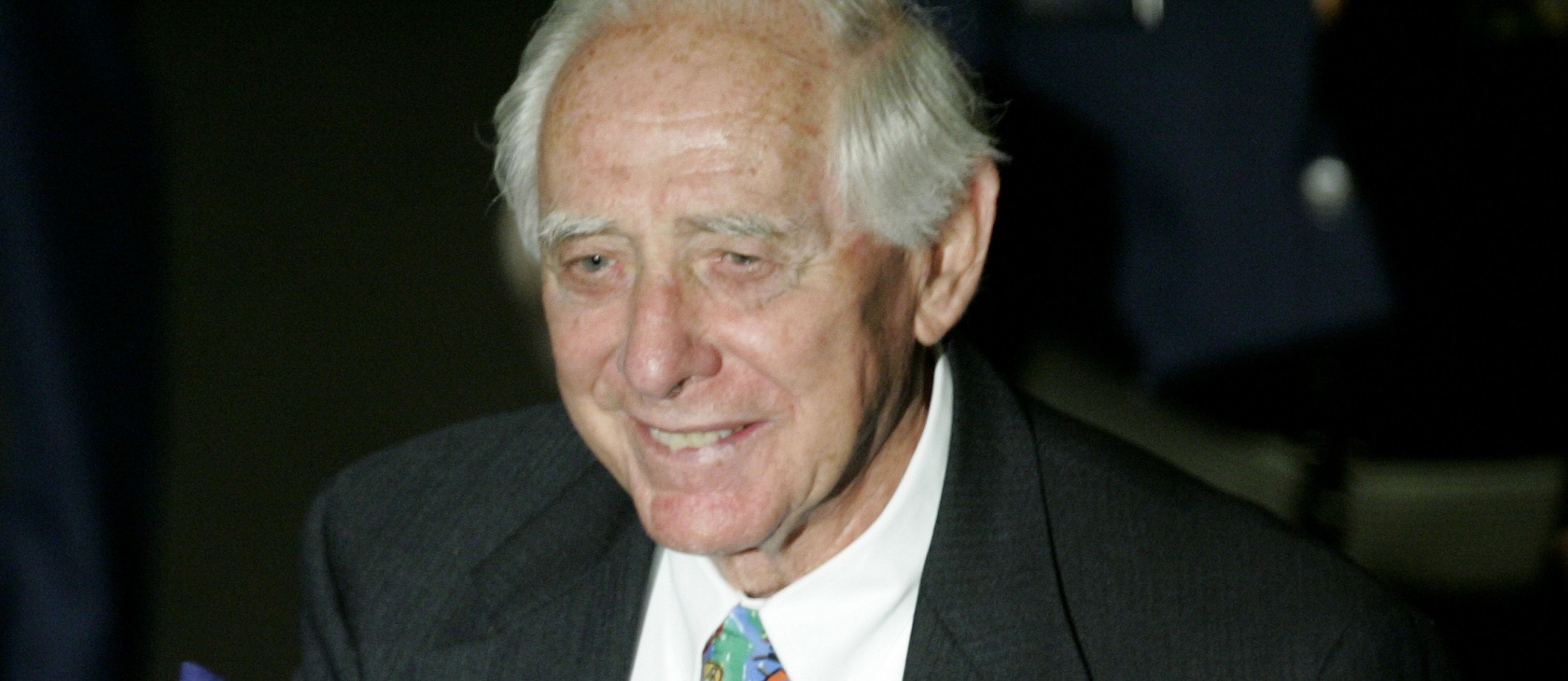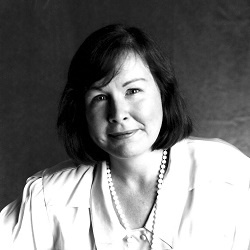Henri Landwirth (1927-2018) overcame a traumatic childhood during the Holocaust to become a great businessman and philanthropist for terminally ill children. Landwirth and his twin sister, Margot, were born in Antwerp, Belgium, in 1927 to clothing salesman Max Landwirth and his wife, Fanny. When Henri was 13, the Nazis forced his family into the Krakow ghetto, shot Max, then dispersed his surviving family to concentration camps. He would see his mother only once more before she and a thousand other prisoners were loaded onto a ship, which the Nazis sank.
From age 13 to 18, Henri was starved and beaten severely. He finally escaped during the last weeks of the war through Czechoslovakia, eventually finding work as a diamond-cutter in his uncle’s factory in Belgium.
In 1949, he arrived in New York City unable to speak English, with only a sixth-grade education, $20, and a copy of the Torah. After serving stateside during the Korean War, Landwirth studied hotel management on the G.I. Bill. In 1954, he was hired to run the President Madison Hotel in Miami Beach, where he personally performed every job, learning how each one contributes to guest satisfaction.
As hotel manager, one small act of kindness changed his life forever. He loaned his tie to a man, who needed it to eat in the restaurant. That man turned out to be B.G. McNabb of General Dynamics, who was responsible for developing the new space program at Cape Canaveral. With no appropriate lodging in the area for personnel, McNabb built a 100-room motel and hired Henri Landwirth to run it. Henri met the people who worked on Project Mercury, America’s first manned spaceflight program. One of them, John Glenn, became his partner in a new Holiday Inn three miles from Walt Disney World. With success upon success, Henri became one of Florida’s most successful hoteliers.
As Landwirth prospered, he offered free hotel rooms to the Make-A-Wish Foundation for seriously ill children. In 1986, a six-year-old named Amy died before her family could finalize the complex travel arrangements. Determined to make these trips stress-free, Landwirth partnered with Disney and others to create the Give Kids the World Village. Rather than perpetually seek hotel rooms for these families, Henri built them an entire village. He opened the 35-acre resort in 1989, in Kissimmee, Florida. It now covers 89 acres and has 166 villas, each of which provides luxury accommodations for up to six people. Thousands of volunteers ensure that the child’s every need or desire is met. As of this writing, Give Kids the World has served 160,000 children from more than 75 countries.
Henri spent virtually every day for 15 years at the village, fine-tuning its operations and joyfully engaging with the children and their families. He explained the reason that he felt drawn to these children was that they were spending their childhood in pain and uncertainty – just as he had – never knowing if each day might be their last.
Henri Landwirth’s experience serving customers in business taught him how he could best serve the vulnerable. His intelligence and charisma made the village successful. But Henri believed that something greater was at play: “It must be God – God is right here in this village,” he said.
Henri Landwirth cut and faceted his gem of a life into a sparkle that rivaled the stars.








